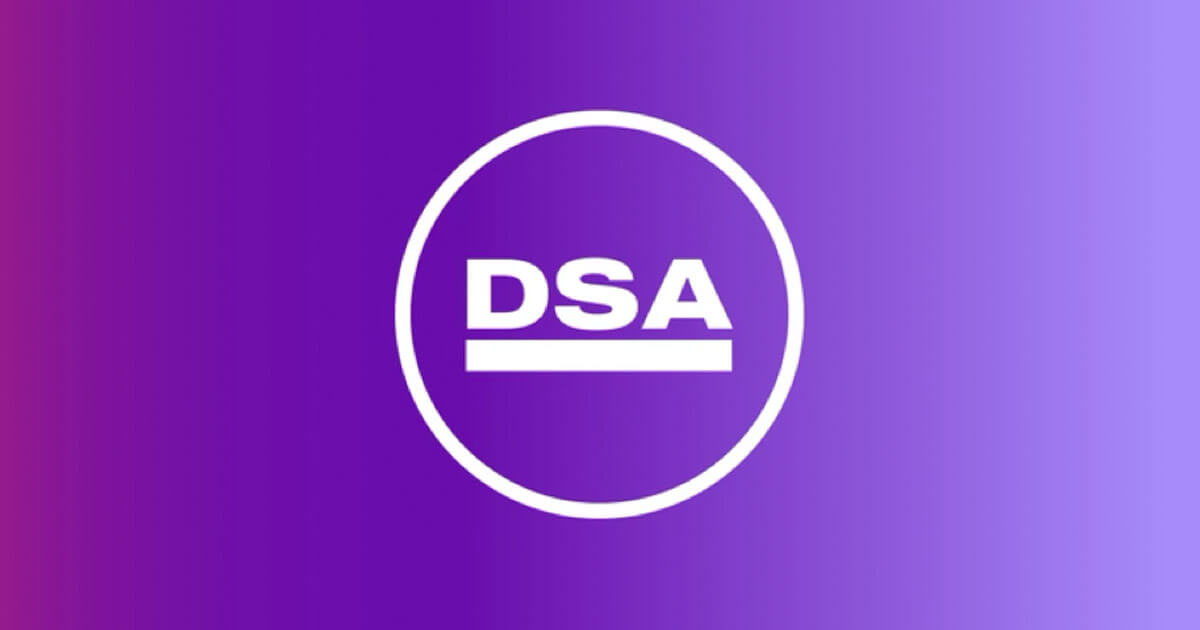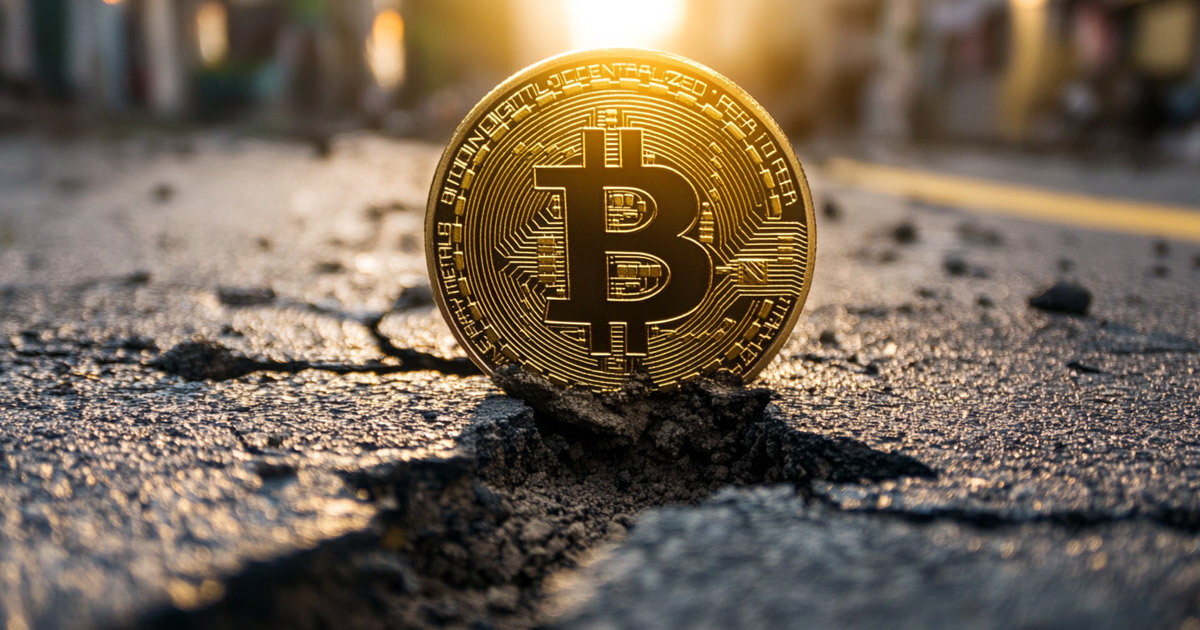 South Korean banks urge policy shift to broaden crypto exchange ties Oluwapelumi Adejumo · 32 mins ago · 2 min read
South Korean banks urge policy shift to broaden crypto exchange ties Oluwapelumi Adejumo · 32 mins ago · 2 min read
The banking executives argued that ending exclusive bank-exchange ties will unlock greater financial service options.

Cover art/illustration via CryptoSlate. Image includes combined content which may include AI-generated content.
Major South Korean banks are pushing for a change in the country’s crypto policy, aiming to expand their ability to partner with multiple crypto exchanges.
This proposed change, reported by local outlet MT, surfaced during an April 9 meeting organized by the Korea Federation of Banks alongside lawmakers from the ruling People Power Party.
According to the report, executives from five top banks, including Woori Bank CEO Jeong Jin-wan, voiced strong concerns about the country’s existing one-bank-per-exchange framework.
Jeong stressed that this setup restricts customer choice and places unnecessary strain on the financial system. He also noted that the current approach limits consumer flexibility and hinders competition in the banking sector.
Due to this, the banking chief argued that allowing multiple banks to work with a single exchange would create a more resilient and user-friendly environment for retail and institutional clients.
South Korea introduced the one-to-one rule in 2018 to enforce anti-money laundering standards in the crypto industry. The regulation requires exchanges to work with a single banking partner and mandates that users complete real-name verification with the bank tied to their chosen platform.
However, critics now argue that the rule has outlived its usefulness.
Considering this, the bankers argued that the policy restricts user access and slows innovation within the financial sector. They furthered that the rigid system forces exchanges to rely heavily on a single banking partner, increasing operational risk and reducing user service options.
Notably, the policy review request comes amid growing concerns about the systemic risk of exclusive exchange-bank relationships.
In particular, a South Korean lawmaker recently flagged potential vulnerabilities linked to Upbit, the country’s largest crypto exchange.
The lawmaker noted that 20% of deposits at K Bank, Upbit’s sole banking partner, come from the exchange. In theory, a disruption in Upbit’s operations could trigger a liquidity crisis at the bank.
If the government revises the policy, exchanges could choose from a broader range of financial partners. This could lead to improved services, better risk management, and more investment opportunities for both retail and institutional players.















































